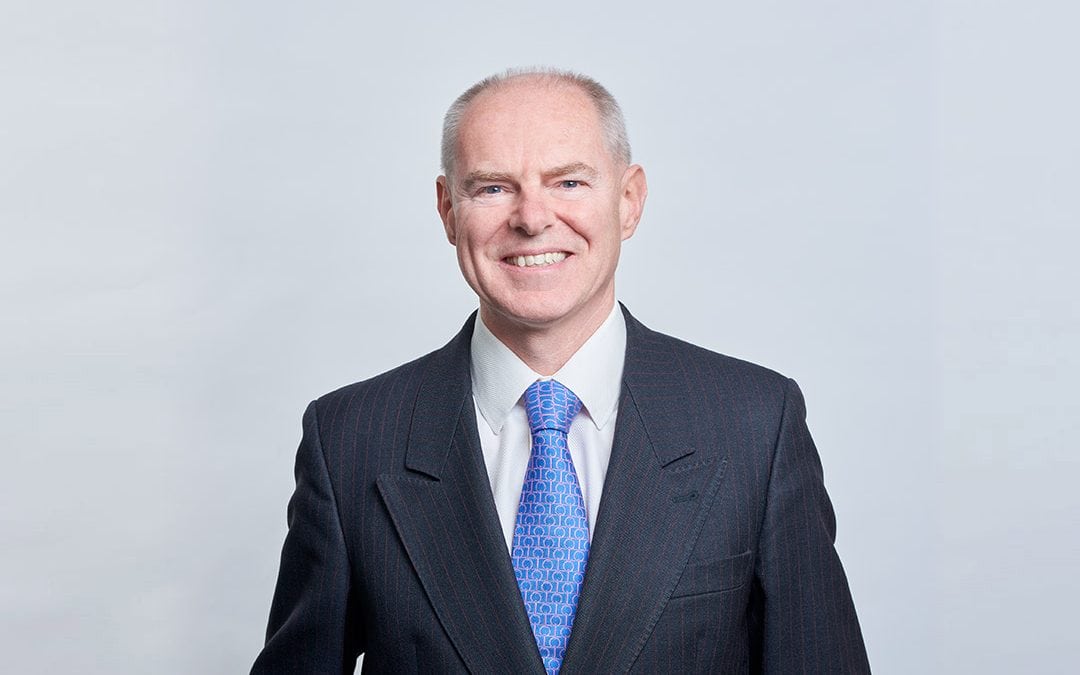The EPO has adopted videoconferencing as the default format for first instance oral proceedings from 1 January 2023 onwards
Following the start of the COVID-19 pandemic in March 2020, the EPO quickly adopted videoconferencing as an alternative to holding in-person oral proceedings at the EPO sites in Munich and The Hague. The EPO has been running a pilot project since then to determine whether videoconferencing should continue to be used now that many countries have dropped the restrictions they introduced as a result of the pandemic. Accordingly, the President of the EPO has recently decided that videoconferencing should in future be adopted as the default format for all first instance oral proceedings before the EPO, with in-person oral proceedings only being held if there are “serious reasons” justifying this. For oral proceedings before the Boards of Appeal, the format of the oral proceedings will continue to be decided on a case-by-case basis.
Background
In 2019, the European Patent Office (EPO) set out its Strategic Plan 2023, detailing a series of proposed updates and reforms to its working practices, including changes to its IT systems. At that time, nobody could have predicted just how quickly the EPO would need to adapt and implement many such changes when the COVID-19 pandemic started in March 2020.
Following the outbreak of the pandemic and the subsequent restrictions on travel imposed by many governments around the world, it quickly became apparent that the EPO would not be able to hold in-person oral proceedings for a significant length of time. Accordingly, on 14 April 2020, the President of the EPO issued a decision explaining the EPO would undertake a pilot project to assess the effectiveness of holding oral proceedings as videoconferences, rather than in-person.
Many users were initially reluctant to make the change away from in-person oral proceedings at the EPO’s sites in Munich and The Hague, preferring instead that oral proceedings be delayed until they could be held in-person once the pandemic was over. Accordingly, the EPO has had to decide whether to continue using videoconferencing for oral proceedings now that restrictions introduced as a result of the pandemic are being relaxed around the world.
It was recently decided that videoconferencing would be adopted as the default format for oral proceedings before the EPO’s Examining Divisions, but a decision as to what the default format of oral proceedings before the EPO’s Opposition Divisions should be was to be reached at a later date.
Recent Developments
As the EPO’s pilot project draws to a close, the EPO has published a report setting out the conclusions of that project, resulting in the President of the EPO issuing a decision on 22 November 2022 confirming videoconferencing will be adopted by the EPO as the default format for oral proceedings before its Examining Divisions, Opposition Divisions, Legal Division, and Receiving Section, from 1 January 2023 onwards.
However, it is notable that this decision also includes a provision allowing parties to the oral proceedings to request these be held in-person at one of the sites of the EPO if there are “serious reasons” justifying this. For example, it is expected that parties will be able to request in-person oral proceedings should they wish to present a physical model as evidence, and it would not be possible for that party to adequately present its model by videoconference.
It is also important to note that videoconferencing has only been adopted as the default format for oral proceedings before the Examining Divisions, Opposition Divisions, Legal Division, and Receiving Section. In contrast, the format of oral proceedings before the Boards of Appeal and Enlarged Boards of Appeal will be determined on a case-by-case basis, as appropriate.
Advantages of holding oral proceedings by videoconference
The decision to adopt videoconferencing as the default format for first instance oral proceedings at the EPO has been warmly welcomed by the UK patent profession, as explained in a recent press release by the UK’s Chartered Institute of Patent Attorneys.
There are several notable reasons why using videoconferencing is advantageous over in-person oral proceedings.
Firstly, there is no need for patent attorneys from across Europe to travel to the EPO’s sites in Munich and The Hague, which means there is a significant environmental benefit due to reduced travel requirements. In fact, the report published by the EPO setting out the conclusions of its pilot project estimated that using videoconferencing for oral proceedings reduced the European patent profession’s carbon footprint by more than 1000 tonnes of CO2 in 2021.
Secondly, many European patent attorneys believe they will be able to more readily have private discussions with their clients during breaks in the oral proceedings, when these are held by videoconference rather than in-person, since there is no risk of other parties to the proceedings walking into the room where that confidential discussion is being had.
Thirdly, the EPO has acknowledged that holding oral proceedings by videoconference improves access of these proceedings to members of the public and other interested parties, such as trainee patent attorneys wishing to attend oral proceedings as part of their training, since there is no need for these parties to travel to the EPO sites to watch.
Summary
The adoption of videoconferencing as the default format for first instance oral proceedings at the EPO is welcome news to the UK (and wider European) patent profession(s), given the clear advantages of videoconferences over in-person oral proceedings.
Here at Schlich, we have direct experience of several cases involving videoconference-based oral proceedings, and it is our view that this format works very well indeed. We therefore look forward to continuing to make the most of this new format in the future.









